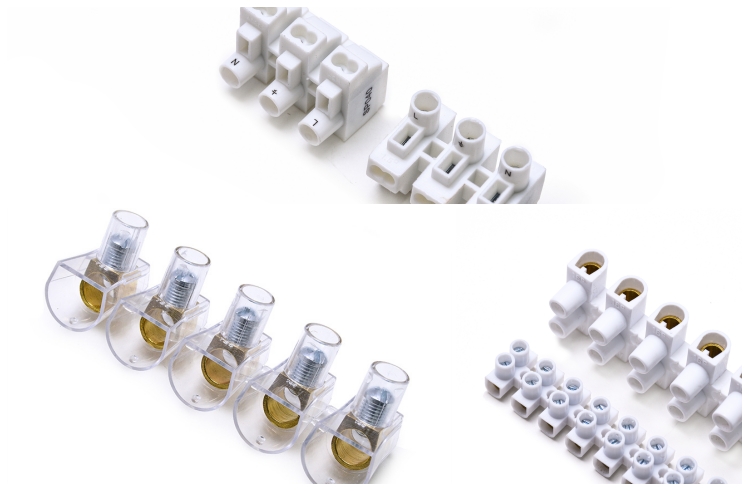Terminal blocks are essential components in electrical systems, providing a reliable means to connect wires and facilitate electrical power distribution. Understanding where and how to use terminal blocks can enhance safety, organization, and efficiency in various applications. In this blog, we’ll explore the primary uses of terminal blocks across different industries.

1. Industrial Automation
In industrial settings, terminal blocks connect control panels to machinery. They simplify wiring by allowing multiple wires to be attached securely and neatly. This is particularly important in environments where machinery needs frequent maintenance or upgrades, as terminal blocks make it easier to isolate sections of wiring without disrupting the entire system.
2. Building Wiring
In residential and commercial buildings, terminal blocks are used in electrical panels to connect circuits to the main power supply. They help in organizing wires, making it easier to identify circuits for maintenance or troubleshooting. Using terminal blocks in building wiring promotes safety, reducing the risk of loose connections that could lead to electrical fires.
3. Automotive Applications
Terminal blocks are often found in automotive wiring harnesses. They serve as junction points for connecting various electrical components, such as sensors, lights, and control modules. Their robust design withstands vibrations and harsh environments, making them ideal for vehicles where reliability is crucial.
4. Telecommunications
In telecommunications, terminal blocks facilitate connections between cables and equipment. They provide a secure and organized way to manage the numerous wires involved in data transmission systems. Terminal blocks help in minimizing signal loss and interference, which is vital for maintaining communication quality.
5. Home Appliances
Many household appliances utilize terminal blocks for internal wiring connections. They simplify the manufacturing process by providing a standardized method for connecting power and control wires. Terminal blocks in appliances ensure that connections remain secure, even with frequent use.
6. Railway Systems
Terminal blocks are used extensively in railway signaling and control systems. They help connect various electrical devices, ensuring the safe and reliable operation of trains. Their ability to handle high voltages and currents makes them ideal for this demanding application.